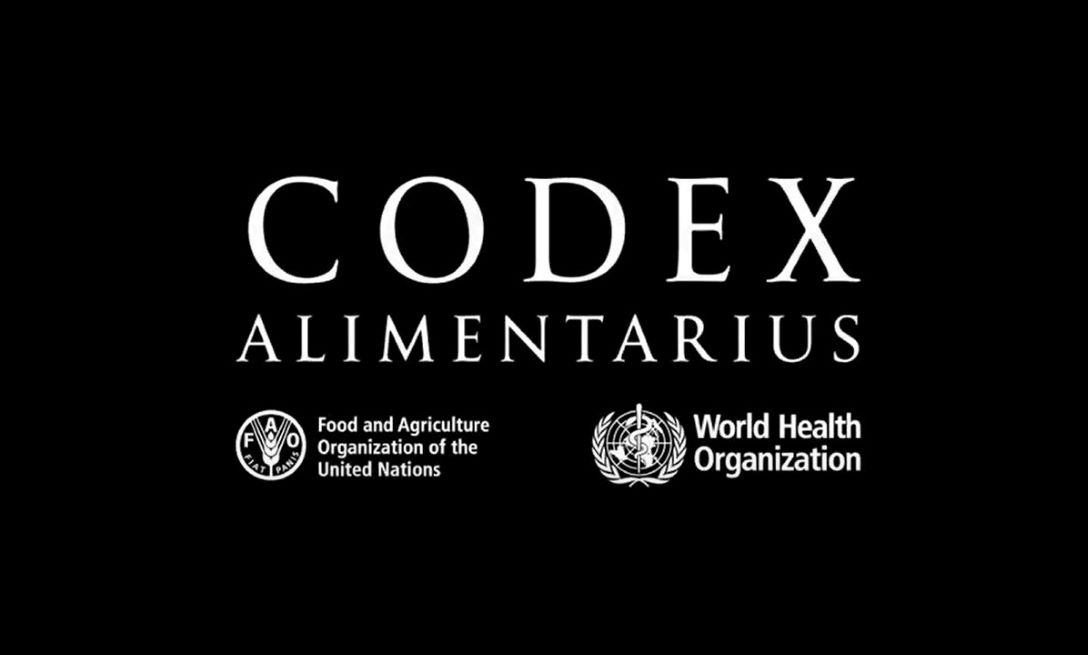Codex Alimentarius

The Codex Alimentarius, or "Food Code," is a collection of internationally recognized standards, guidelines, and codes of practice related to food safety and quality. It is developed and maintained by the Codex Alimentarius Commission (CAC), a joint body established by the Food and Agriculture Organization of the United Nations (FAO) and the World Health Organization (WHO).
Founded in 1963, the Codex aims to protect consumer health and ensure fair practices in the food trade. Its work is foundational to national food legislation, regulatory frameworks, and international trade agreements concerning food safety.
Official website:
https://www.fao.org/fao-who-codexalimentarius/en/
Purpose and Scope
Codex standards cover the entire food chain, from production and processing to labeling and hygiene. They address:
- Food additives and contaminants
- Pesticide and veterinary drug residues
- Food hygiene and microbiological criteria
- Nutrition and food labeling
- Methods of analysis and sampling
- Specific standards for commodities (e.g., milk, cereals, fats, and oils)
While Codex standards are voluntary, they are widely adopted or adapted by national food control authorities and referenced in international trade disputes. The World Trade Organization (WTO) recognizes Codex texts as benchmarks under the Agreement on the Application of Sanitary and Phytosanitary Measures (SPS Agreement).
Organizational Structure
The Codex Alimentarius Commission operates under a structured system that includes:
- General Subject Committees (e.g., Food Hygiene, Nutrition and Foods for Special Dietary Uses)
- Commodity Committees (e.g., Fresh Fruits and Vegetables, Fats and Oils)
- Regional Coordinating Committees (e.g., for Africa, Asia, Europe)
- Task Forces for urgent or emerging issues
More than 180 member countries and the European Union participate in Codex work, alongside observer organizations, including industry groups and civil society.
Role in Quality Infrastructure
Codex is a cornerstone of global food safety infrastructure. It provides a harmonized basis for:
- National food legislation and control systems
- Food inspection and certification
- Training of food safety personnel
- International trade negotiations and dispute resolution
By promoting science-based decision-making, Codex enhances transparency and trust across food supply chains. It also supports the development of capacity in lower- and middle-income countries to align their food systems with international standards.
Key Contributions
- Codex General Standard for Food Additives (GSFA) – defines acceptable additives and maximum levels.
- Codex HACCP Guidelines – outlines the Hazard Analysis and Critical Control Point system.
- Food Labeling Standards – helps consumers make informed choices and supports trade consistency.
- Nutrient Reference Values – for use in nutrition labeling and dietary guidance.

